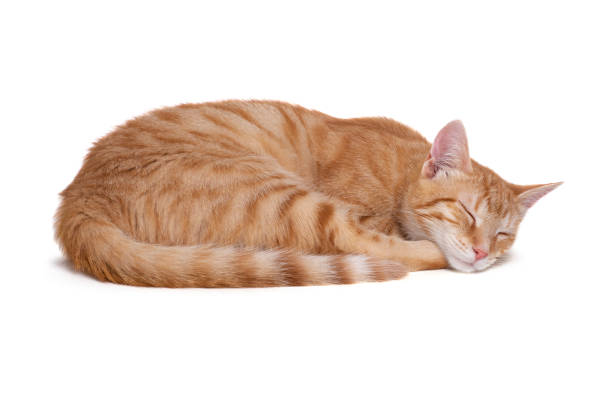Cats, with their graceful demeanor and independent nature, often mask signs of discomfort. Yet, urinary tract infections (UTIs) can disrupt their tranquility, leading to discomfort and distress. While prompt veterinary attention is crucial for diagnosing and treating UTIs, there are gentle home remedies that can provide relief and support your feline friend’s urinary tract health. In this article, we’ll explore natural remedies aimed at soothing cat UTIs, offering comfort and promoting wellness.
Unveiling Cat UTIs:
Urinary tract infections occur when bacteria invade the urinary system, causing inflammation and discomfort. Symptoms of cat uti home remedy in cats include frequent urination, straining to urinate, blood in the urine, urinating outside the litter box, and excessive grooming of the genital area. UTIs can affect cats of all ages and breeds but are more prevalent in older cats and those with predisposing factors like diabetes or urinary tract abnormalities.
Soothing Solutions for Cat UTIs:
Hydration Encouragement:
Increase your cat’s water intake by offering multiple water sources throughout the home and investing in a cat fountain to entice them to drink more.
Cranberry Supplements:
Consider giving your cat cranberry supplements, which contain compounds that can inhibit bacterial adherence to the urinary tract walls, potentially reducing the risk of UTIs. Consult your vet for proper dosage.
Wet Food Diet:
Opt for a wet food diet to boost your cat’s moisture intake, aiding in urinary tract health and promoting hydration.
Apple Cider Vinegar Dilution:
Add a small amount of raw, unfiltered apple cider vinegar to your cat’s water or wet food to create a more acidic urinary environment, discouraging bacterial growth.
D-Mannose Supplementation:
D-Mannose, a sugar, can prevent bacteria from adhering to the urinary tract walls. Consult your vet for appropriate dosage and administration.
Warm Compress Application:
Ease your cat’s discomfort by applying a warm compress to their lower abdomen, promoting relaxation of urinary muscles and aiding in urination.
Stress Alleviation:
Reduce stressors in your cat’s environment by providing hiding spots, vertical spaces, and interactive toys to promote relaxation and immune function.
Litter Box Hygiene:
Ensure your cat’s litter box is clean and easily accessible, as a dirty environment can deter proper urination and contribute to UTIs.
Preventing Cat UTIs:
Prevention plays a vital role in maintaining your cat’s urinary tract health. Consider these preventive measures:
Provide a balanced diet tailored to your cat’s nutritional needs.
Ensure clean, fresh water is readily available at all times.
Schedule regular veterinary check-ups to monitor your cat’s health and address any potential issues promptly.
Maintain a clean litter box environment and encourage regular urination.
Minimize stressors and provide a safe, comfortable living space for your cat.
Conclusion:
Cat UTIs can disrupt your feline companion’s peace and comfort, but with tender care and proactive measures, relief is within reach. By incorporating these gentle home remedies into your cat’s routine and prioritizing preventive strategies, you can support their urinary tract health and overall well-being. Remember, each cat is unique, so consult with your veterinarian before starting any home treatment to ensure it’s suitable for your cat’s individual needs. With patience, love, and holistic care, you can nurture your cat’s wellness and enjoy many purrfect moments together.

